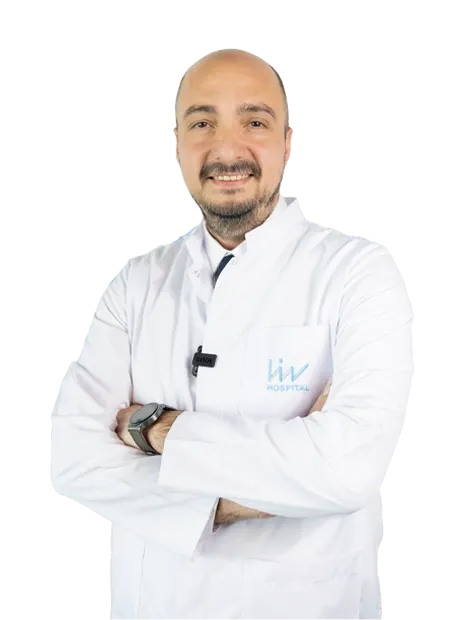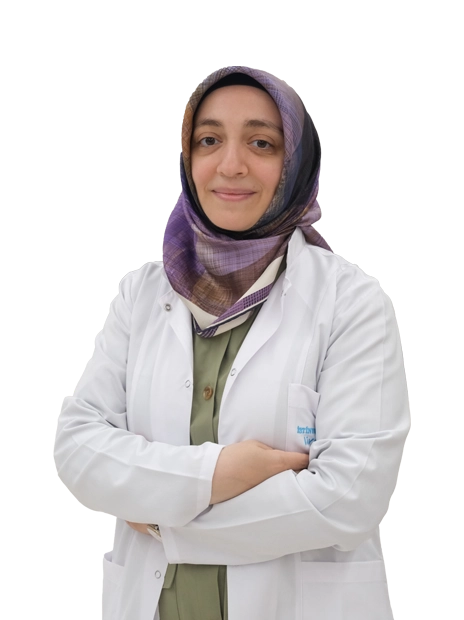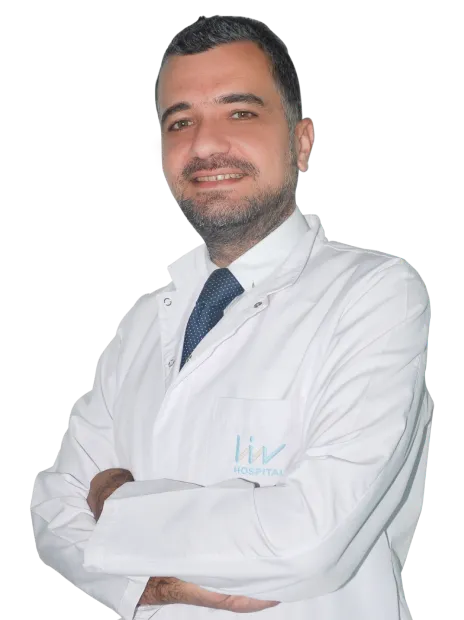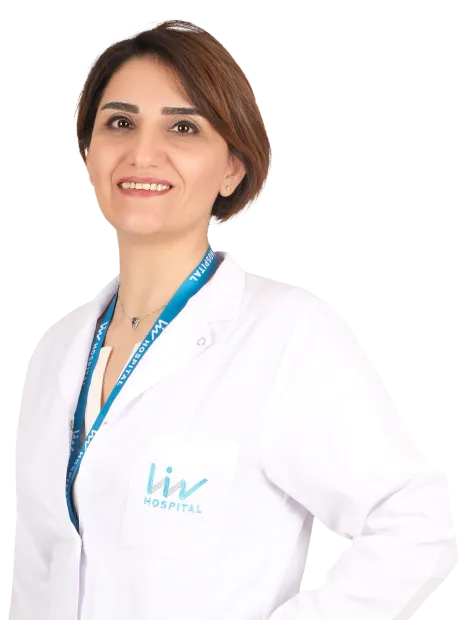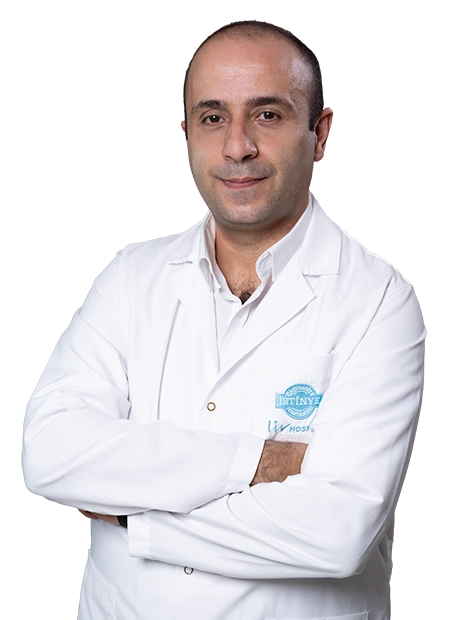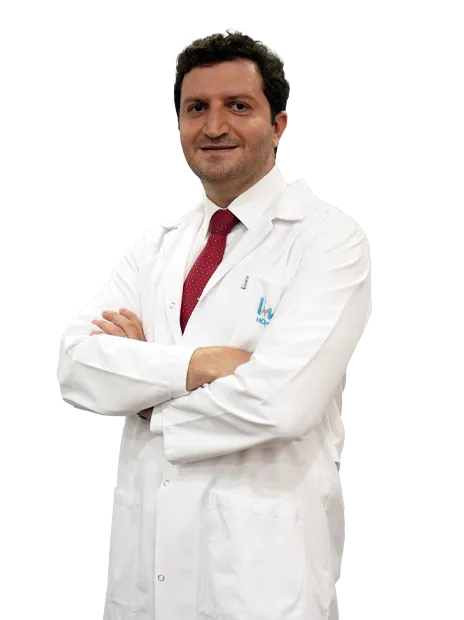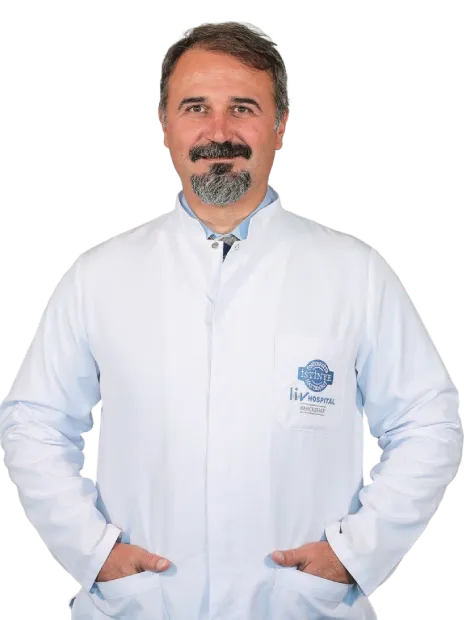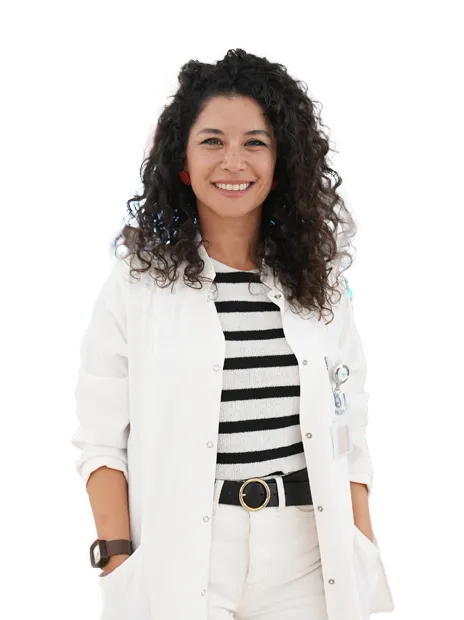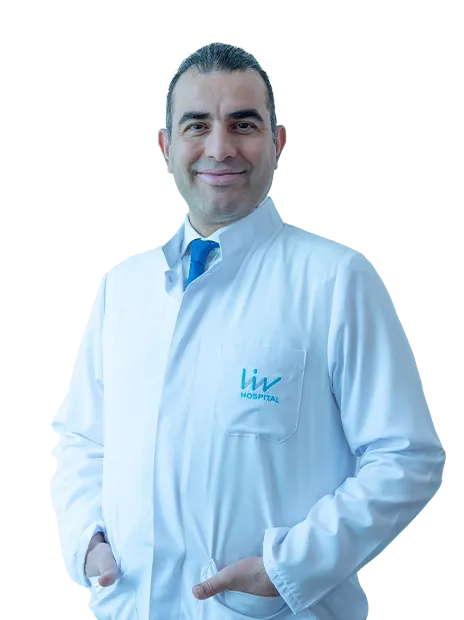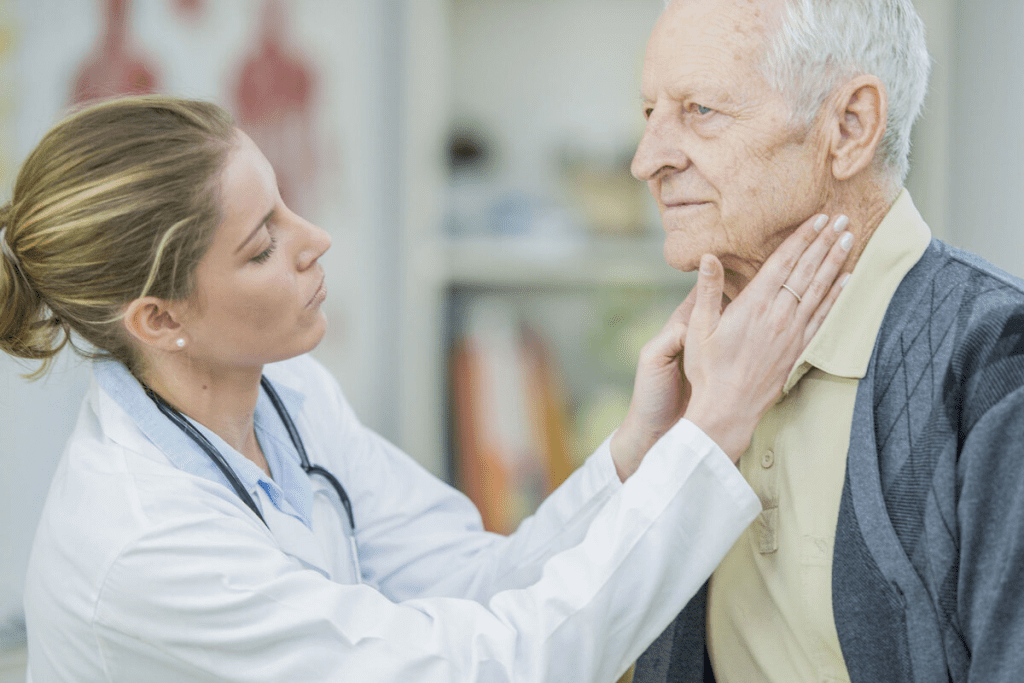
Nearly 70% of breast cancer patients are diagnosed with cancer that hasn’t spread to their lymph nodes. This raises an important question many women ask: do I need chemo if lymph nodes are clear? The answer depends on several factors, including the cancer’s stage, grade, and type.
For those with stage one breast cancer, deciding on chemotherapy after mastectomy can be complex. Understanding how chemotherapy fits into breast cancer treatment ” and how clear lymph nodes influence this decision ” is crucial for making the best treatment choice.
Key Takeaways
- Chemotherapy for breast cancer may be recommended even if the lymph nodes are clear.
- The decision depends on the cancer’s stage, size, and biological characteristics.
- Stage one breast cancer chemotherapy is considered based on individual risk factors.
- Understanding breast cancer treatment options is key for making informed decisions.
- A lymph node clear status is just one factor considered in chemotherapy decisions.
Understanding the Role of Lymph Nodes in Cancer Diagnosis
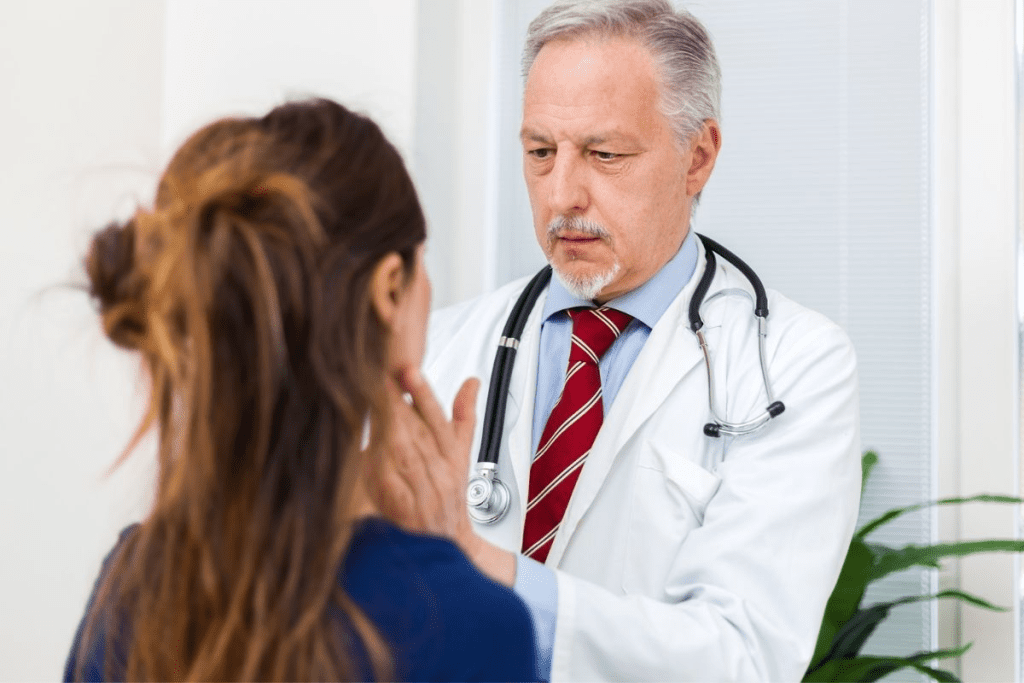
Lymph nodes are small, bean-shaped structures that play a key role in our immune system. They help fight infections and diseases. Knowing about lymph nodes is important for understanding cancer diagnosis and treatment.
What Lymph Nodes Are and How They Function
Lymph nodes are part of the lymphatic system, which fights infection and disease. They filter lymph fluid, trapping harmful pathogens. Inside them, immune cells called lymphocytes help fight off infections.
Lymph nodes are vital in the early detection and diagnosis of cancer. They are often the first place cancer cells spread to.
How Cancer Spreads to Lymph Nodes
Cancer cells can break away from the original tumor and travel through the lymphatic system. They can reach nearby lymph nodes. When this happens, they start to grow, a process called metastasis.
The presence or absence of cancer cells in lymph nodes is key. It helps determine the cancer stage and treatment plan.
The Significance of Clear Lymph Nodes in Treatment Planning
If lymph nodes are clear of cancer cells, it usually means a better prognosis. This can influence treatment decisions. It might mean less aggressive treatments like chemotherapy.
But the decision to use chemotherapy depends on many factors. These include the cancer type and stage, tumor characteristics, and the patient’s health.
Clear lymph nodes can make treatment planning simpler. But, they don’t decide if chemotherapy is needed. Other factors like tumor size, grade, and molecular characteristics also matter.
Do I Need Chemo If Lymph Nodes Are Clear?
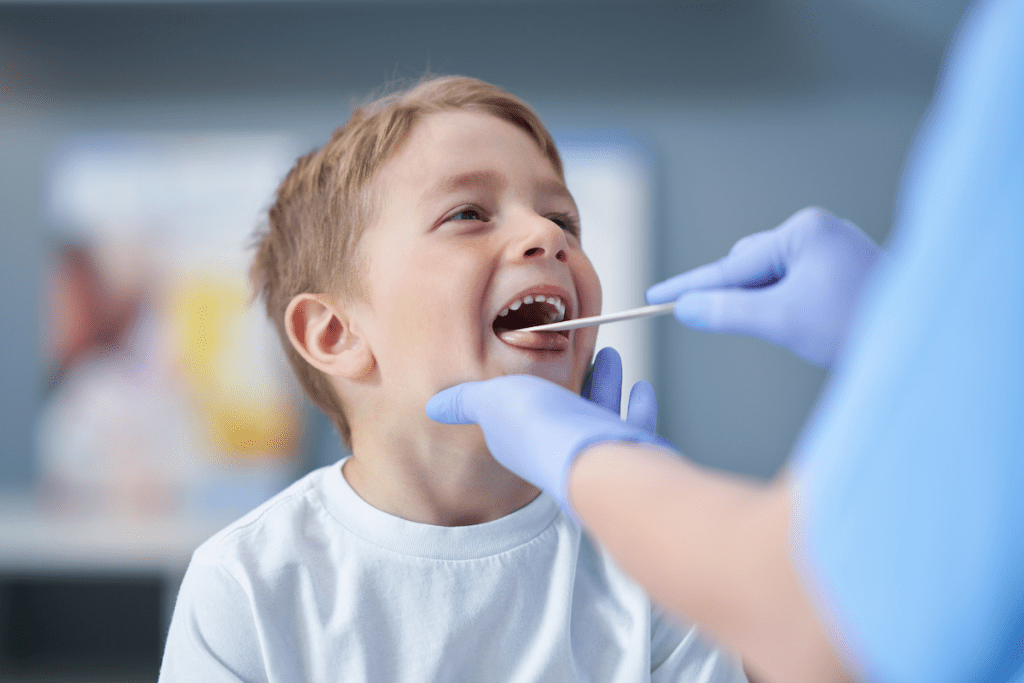
Understanding if you need chemotherapy when lymph nodes are clear is complex. The presence or absence of cancer in lymph nodes is key. But, it’s not the only thing to think about.
The Traditional Approach to Treatment Decisions
Before, doctors often decided on chemotherapy based on the lymph nodes. If they were clear, chemotherapy might not be needed. But medical science has moved forward.
Historically, treatment decisions were more straightforward: if lymph nodes were involved, chemotherapy was often recommended. Without cancer in the lymph nodes, treatment was sometimes more conservative.
Modern Factors That Influence Chemotherapy Decisions
Now, deciding on chemotherapy involves many factors. These include the cancer type and stage, tumor characteristics, genetic markers, and the patient’s health.
- Tumor size and grade
- Cancer type and molecular subtype
- Genomic testing results, such as Oncotype DX scores
- Patient’s age and overall health
For instance, certain genetic profiles may indicate a higher risk of recurrence, potentially necessitating chemotherapy despite clear lymph nodes.
When Chemotherapy Might Be Recommended
Even with clear lymph nodes, chemotherapy might be advised in some cases. This includes aggressive tumors, large tumors, or specific genetic markers that show a higher risk of cancer coming back.
| Condition | Chemotherapy Consideration |
| Aggressive Tumor Characteristics | High likelihood of recommendation |
| Large Tumor Size | Moderate to high likelihood |
| Specific Genetic Markers | Variable, depends on the marker |
The choice to have chemotherapy is complex and involves many factors. Clear lymph nodes are just one thing doctors look at when deciding on treatment.
Factors That Determine Chemotherapy Necessity Beyond Lymph Node Status
Many factors, not just lymph node status, decide if chemotherapy is needed. These factors help doctors create treatment plans that fit each patient’s needs.
Tumor Size, Grade, and Characteristics
The size, grade, and features of a tumor are key in deciding on chemotherapy. Big tumors or aggressive ones might need chemotherapy to lower the chance of coming back.
- Tumor Size: Bigger tumors often mean a higher risk of coming back and might need chemotherapy.
- Tumor Grade: Tumors that grow and spread fast, like high-grade ones, might need stronger treatments.
- Tumor Characteristics: Things like lymphovascular invasion or poor cell structure can affect the need for chemotherapy.
Cancer Type and Molecular Subtypes
The type of cancer and its molecular subtype are very important in choosing the best treatment. Different cancers react differently to chemotherapy.
- Cancer Type: Some cancers are more likely to respond to chemotherapy than others.
- Molecular Subtypes: Subtypes like HER2-positive or hormone receptor-positive breast cancer have specific treatment plans.
Genomic Testing and Oncotype DX Scores
Genomic testing, like Oncotype DX, gives important info about a tumor’s genetics. It helps predict if chemotherapy will help.
- Oncotype DX: This test is great for early-stage, hormone receptor-positive, HER2-negative breast cancer. It gives a score that helps decide on chemotherapy.
Age and Overall Health Considerations
A patient’s age and health are also big factors in deciding on chemotherapy.
- Age: Older patients might face more challenges with chemotherapy because of less tolerance and health issues.
- Overall Health: Patients with serious health problems or poor health might not be good candidates for chemotherapy.
Breast Cancer Stages and Chemotherapy Recommendations
Knowing the stage of breast cancer is key to picking the right treatment. This includes deciding if chemotherapy is needed. The stage is based on the tumor size, if lymph nodes are involved, and if the cancer has spread. This helps doctors create a treatment plan that fits the patient’s needs.
Chemotherapy for Breast Cancer Stage 1
For stage 1 breast cancer, the need for chemotherapy is sometimes questioned. Usually, small tumors without lymph node involvement don’t need chemo. But, if the tumor is high-grade or hormone receptor-negative, chemotherapy might be needed.
Chemotherapy for Breast Cancer Stage 2
In stage 2 breast cancer, chemotherapy is often considered. This is true if the cancer has reached the lymph nodes or if the tumor is big. The decision to use chemotherapy depends on many factors, like the tumor’s biology and the patient’s health.
Treatment Approaches for Advanced Stages
For advanced stages of breast cancer, treatment plans often include several therapies. These can include chemotherapy, targeted therapy, and hormone therapy. The choice of treatment depends on the cancer’s type, previous treatments, and the patient’s wishes.
Chemo After Mastectomy: When It’s Recommended
Chemo after mastectomy, or adjuvant chemotherapy, is based on several factors. These include the tumor size, lymph node status, and other high-risk features. Even without lymph node involvement, chemotherapy might be suggested for aggressive tumors.
Benefits of Chemotherapy in Node-Negative Cancer
Chemotherapy in node-negative cancer has many benefits. It helps lower the chance of cancer coming back and improves survival chances. Even when lymph nodes are clear, chemotherapy is key. It targets any hidden cancer cells that could cause recurrence.
Reducing Recurrence Risk
Chemotherapy cuts down the risk of cancer coming back. It kills any cancer cells left after surgery. This is vital for node-negative patients, as it stops cancer from returning.
Improving Overall Survival Rates
By lowering recurrence risk, chemotherapy also boosts survival rates. Research shows it greatly improves survival in many cancers, even without lymph node involvement.
Addressing Micrometastases
Micrometastases are small cancer cell groups that spread but aren’t seen by standard tests. Chemotherapy is key in fighting these, stopping metastatic disease from forming.
Preventive Chemotherapy After Surgery
Preventive chemotherapy is given after surgery to kill any leftover cancer cells. It’s based on the idea that even with all visible cancer gone, tiny cells might remain. These cells could lead to recurrence.
In summary, chemotherapy is a big help for node-negative cancer patients. It lowers recurrence risk, boosts survival, and fights micrometastases. These benefits highlight the role of chemotherapy in a full cancer treatment plan.
Potential Side Effects and Risks of Chemotherapy
Chemotherapy does more than fight cancer. It can also affect a patient’s quality of life. Knowing about these side effects helps patients make better choices about their treatment.
Short-Term Side Effects and Management
Chemotherapy’s short-term side effects can be tough. But many can be managed with proper care. Issues like fatigue, nausea and vomiting, hair loss, and infection risks are common. Doctors use medicines and scalp cooling systems to help with these problems.
Long-Term Health Impacts
Chemotherapy’s long-term effects can be serious. They depend on the type of treatment, dose, and the patient’s health. Some may face long-term cardiac effects or neuropathy. Knowing these risks helps plan for the future.
Does Chemo Age You? Understanding Biological Impact
Chemotherapy can make your body age faster. Studies show it can shorten telomeres and cause epigenetic changes. This can weaken your body and affect your health after treatment.
Quality of Life Considerations
Keeping quality of life during and after chemotherapy is key. It’s not just about managing side effects. It’s also about the mental impact of treatment. Supportive care services, like counseling and rehab, are important for patients.
Can Cancer Be Treated Without Chemotherapy?
As cancer research advances, treating cancer without chemotherapy is becoming possible. Modern medicine has found new ways to fight cancer. These methods can be as good as, or even better than, traditional chemotherapy in some cases.
Non-Chemo Cancer Treatments in Modern Medicine
There are many non-chemo cancer treatments. These include targeted therapy, immunotherapy, hormone therapy, and radiation therapy. Targeted therapy uses drugs that only attack cancer cells, protecting healthy cells. Immunotherapy boosts the body’s immune system to fight cancer.
Hormone therapy is used for cancers that are sensitive to hormones. This includes some breast and prostate cancers. It blocks the body’s natural hormones, stopping cancer cells from growing.
| Treatment Type | Description | Cancer Types |
| Targeted Therapy | Drugs that target specific cancer cells | Various, including breast, lung, and colorectal cancer |
| Immunotherapy | Boosts the body’s immune system | Melanoma, lung cancer, and others |
| Hormone Therapy | Blocks hormones that fuel cancer growth | Hormone-sensitive breast and prostate cancers |
Cancer Treatment Without Chemo: Success Factors
Success in treating cancer without chemotherapy depends on several things. These include the cancer type and stage, the patient’s health, and the treatment’s effectiveness.
Early detection is key for success without chemotherapy. Cancers caught early can often be treated well with non-chemo methods.
Breast Cancer Survival Rates Without Hormone Therapy
Breast cancer survival rates change based on the cancer’s stage and type. For hormone receptor-positive breast cancer, hormone therapy can greatly improve survival chances.
Is Breast Cancer Treatable Without Chemotherapy?
Yes, breast cancer can be treated without chemotherapy in some cases. The decision to skip chemotherapy depends on the cancer’s stage, grade, and biological features. It also depends on the patient’s health and preferences.
For early-stage breast cancer, treatments like surgery, radiation, and hormone therapy might be enough. This makes chemotherapy unnecessary.
Making Treatment Decisions: Working With Your Oncology Team
Understanding your treatment options and working closely with your oncology team can significantly impact your cancer treatment outcome. When diagnosed with cancer, patients are often faced with a multitude of decisions regarding their care. It’s essential to collaborate with your oncology team to determine the best course of action tailored to your specific needs.
Questions to Ask Your Oncologist
Asking the right questions can empower you to make informed decisions about your treatment. Consider inquiring about the stage of your cancer, the recommended treatment options, and the possible side effects of each treatment. You may also want to ask about your oncologist’s experience with cases similar to yours and what to expect during the treatment process.
- What are the treatment options for my specific type and stage of cancer?
- What are the possible benefits and risks associated with each treatment option?
- How will my treatment plan be determined, and what factors will be considered?
Getting a Second Opinion
Seeking a second opinion can provide additional insights and reassurance about your treatment plan. It allows you to explore alternative options and gain a broader understanding of your condition. Many cancer patients find that a second opinion helps them feel more confident in their treatment decisions.
Benefits of a Second Opinion:
- Confirmation of the initial diagnosis and treatment plan
- Exploration of alternative treatment options
- Increased confidence in the chosen treatment path
Shared Decision-Making Approaches
Shared decision-making is a collaborative process between patients and their healthcare providers. It involves discussing treatment options, weighing the pros and cons, and making decisions that align with the patient’s values and preferences.
Key elements of shared decision-making include:
- Clear communication about treatment options and outcomes
- Consideration of the patient’s preferences, values, and lifestyle
- Involvement of family members or caregivers in the decision-making process, if desired
Which Conditions May Require Chemotherapy
Chemotherapy may be recommended based on various factors, including the type and stage of cancer, as well as individual patient characteristics. Certain conditions may necessitate chemotherapy as part of the treatment plan.
| Cancer Type | Stage | Potential Role of Chemotherapy |
| Breast Cancer | Stage II or III | Adjuvant chemotherapy to reduce recurrence risk |
| Lymphoma | Stage III or IV | Chemotherapy as primary treatment |
| Colorectal Cancer | Stage II or III | Adjuvant chemotherapy to improve survival |
By working closely with your oncology team and staying informed about your treatment options, you can make decisions that are right for you. Whether it involves chemotherapy or other treatments, a collaborative approach can lead to better outcomes and improved quality of life.
Complementary and Alternative Approaches to Cancer Treatment
Many cancer patients are now exploring complementary and alternative approaches. These methods aim to support their conventional treatment. They include holistic medicine and alternative therapies that boost the body’s healing.
Holistic Medicine for Breast Cancer
Holistic medicine treats the whole person – body, mind, and spirit. For breast cancer patients, it might include acupuncture, meditation, and yoga. These practices help manage symptoms and improve life quality.
Acupuncture can help with pain and nausea from chemotherapy. Meditation and yoga reduce stress and improve well-being.
Alternative Therapies: Evidence and Considerations
It’s important to look at the evidence for alternative therapies. Patients should talk to their healthcare provider about these options. This helps understand the benefits and risks.
- Herbal supplements: Some herbs may interact with treatments, so it’s key to consult a healthcare provider.
- Dietary changes: Some diets may help with symptoms or side effects, but their effectiveness varies.
Integrating Complementary Approaches with Conventional Treatment
Integrating complementary approaches with conventional treatment needs careful planning. Patients should work with their oncology team. This ensures the complementary therapy doesn’t harm the primary treatment.
A personalized approach is essential. It considers the patient’s health, treatment goals, and preferences. This helps successfully integrate complementary therapies.
What to Consider Before Refusing Conventional Treatment
Before choosing alternative approaches over conventional treatment, patients need to know the risks and benefits. It’s important to discuss the following with a healthcare provider:
- The stage and type of cancer
- The evidence supporting conventional treatment
- The risks of delaying or skipping conventional treatment
Understanding the implications of refusing conventional treatment is key. It helps patients make informed decisions about their care.
Refusing Chemotherapy: What You Should Know
Deciding not to have chemotherapy is a big choice. It involves knowing the possible outcomes and other options. Patients need to think about many things that can affect their decision.
Medical, Emotional, and Practical Considerations
When thinking about not having chemotherapy, look at the medical, emotional, and practical sides. The type and stage of cancer and your health are key. They help figure out if chemotherapy is safe and if it will work.
Feeling emotionally is also a big part. It’s hard to decide not to have treatment. You also need to think about the money and how to manage things.
Key Considerations:
- Cancer type and stage
- Overall health and comorbidities
- Potential benefits and risks of chemotherapy
- Emotional and psychological impact
- Financial and logistical implications
What to Expect If You Refuse Cancer Treatment
If you choose not to have chemotherapy, know what might happen. Without it, cancer could come back or spread. This could change how long you might live.
“The decision to forgo chemotherapy should be made with a clear understanding of the possible outcomes and the support of a healthcare team.” “ An oncologist
Not having chemotherapy means you might face cancer coming back or spreading. It’s important to keep an eye on your health. Regular check-ups and tests are key to managing your disease.
Supporting Your Decision Either Way
Having a strong support system is important, no matter your choice. Family, friends, doctors, and support groups can all help. They offer emotional support and practical help.
| Support System | Description | Benefits |
| Family and Friends | Emotional support and practical help | Reduced stress, improved mental well-being |
| Healthcare Providers | Medical guidance and care | Improved health outcomes, increased trust |
| Support Groups | Community and shared experiences | Emotional support, practical advice |
Long-Term Monitoring and Follow-Up Options
For those not having chemotherapy, regular check-ups and tests are vital. They help catch any changes in the cancer. This is part of your treatment plan.
Understanding the choices and having a good support system helps patients make informed decisions. This way, they can take care of themselves in the best way possible.
Conclusion: Making Informed Decisions About Your Cancer Treatment
It’s very important for patients to make informed choices about their cancer treatment. Knowing about chemotherapy and how lymph nodes affect treatment is key. This knowledge helps patients understand their options better.
Those with breast cancer should talk a lot with their doctors. They might need chemotherapy, surgery, or other treatments. Knowing the good and bad of each option helps patients choose what’s best for them.
Being well-informed is the first step to the best cancer treatment. Patients should work with their oncology team. This way, they get care that fits their specific needs.
FAQ
Do I need chemotherapy if my lymph nodes are clear?
Whether you need chemotherapy depends on several things. These include the size and type of your tumor, and your overall health. Your cancer’s molecular subtype also plays a role.
What are lymph nodes, and how do they function?
Lymph nodes are small, bean-shaped structures in your body. They help fight infections and diseases. They filter lymph fluid, trapping harmful pathogens, and are key in the immune system’s fight against cancer.
How does cancer spread to lymph nodes?
Cancer cells can break away from the main tumor. They then travel through the lymphatic system to nearby lymph nodes. There, they can start new cancerous growths.
Is chemotherapy necessary for stage 1 breast cancer?
Chemotherapy for stage 1 breast cancer depends on several factors. These include the tumor’s size, grade, and characteristics. Your overall health and preferences also matter.
What is the role of genomic testing in determining chemotherapy necessity?
Genomic testing, like Oncotype DX, helps find out who will benefit from chemotherapy. It looks at the tumor’s genetic characteristics.
Can breast cancer be treated without chemotherapy?
Yes, some breast cancers can be treated without chemotherapy. This depends on the stage, tumor characteristics, and your overall health.
What are the benefits of chemotherapy in node-negative cancer?
Chemotherapy can lower the risk of cancer coming back. It can also improve survival rates and tackle micrometastases in node-negative cancer cases.
What are the possible side effects of chemotherapy?
Chemotherapy can cause side effects like fatigue, nausea, and hair loss. It can also increase the risk of infection. Long-term, it can cause heart damage and secondary cancers.
Are there alternatives to chemotherapy for cancer treatment?
Yes, there are non-chemo cancer treatments. These include targeted therapy, hormone therapy, and immunotherapy. They may be used alone or with chemotherapy.
How do I make informed decisions about my cancer treatment?
You should talk to your oncology team to find the best treatment. Ask questions, consider a second opinion, and think about what’s best for you.
What should I consider before refusing chemotherapy?
Before refusing chemotherapy, think about the medical, emotional, and practical sides. Talk to your oncology team to understand the possible outcomes.
Can I integrate complementary approaches with conventional cancer treatment?
Yes, you can use holistic medicine and alternative therapies with conventional treatment. But, make sure to talk to your oncology team to ensure it’s safe and effective.
What are the long-term monitoring and follow-up options after cancer treatment?
Work with your oncology team to plan follow-up care. This may include regular check-ups, imaging tests, and other monitoring to catch any signs of recurrence or new cancers.
References
- An, X., Sledge, G. W., & Chen, K. (2020). Adjuvant chemotherapy for small, lymph node“negative, triple-negative breast cancer. Cancer, 126(1), 24“33. https://doi.org/10.1002/cncr.32878




